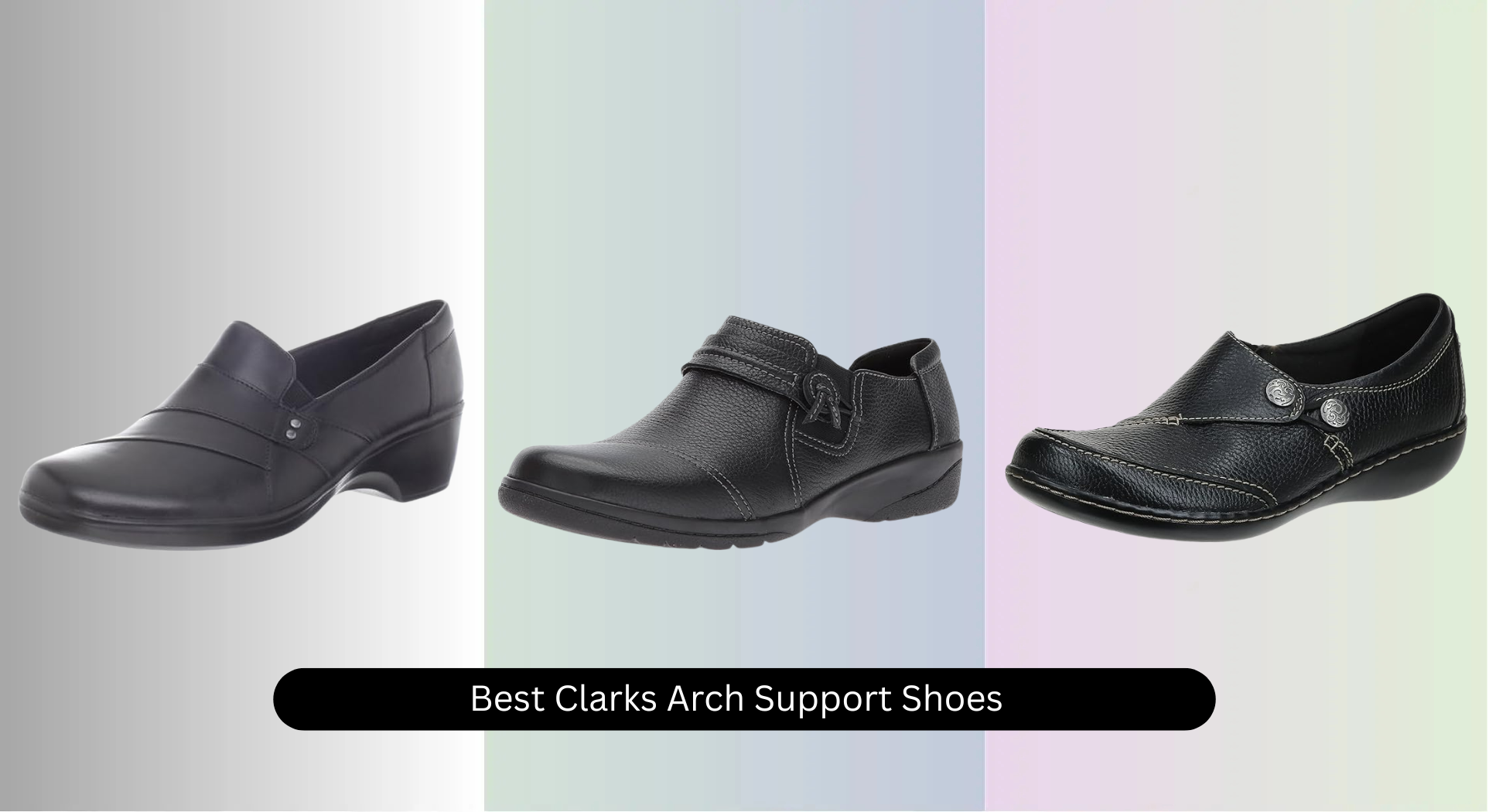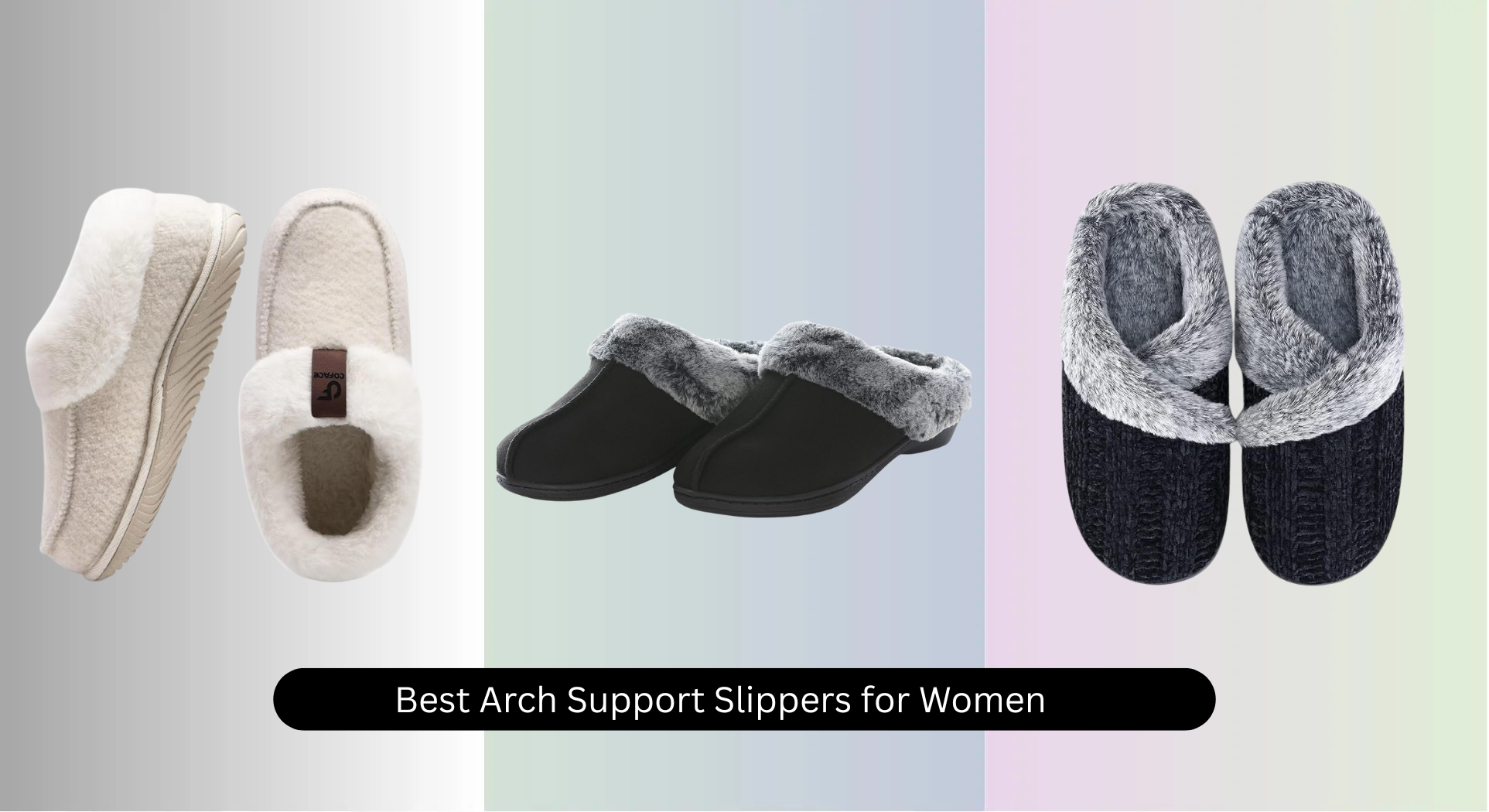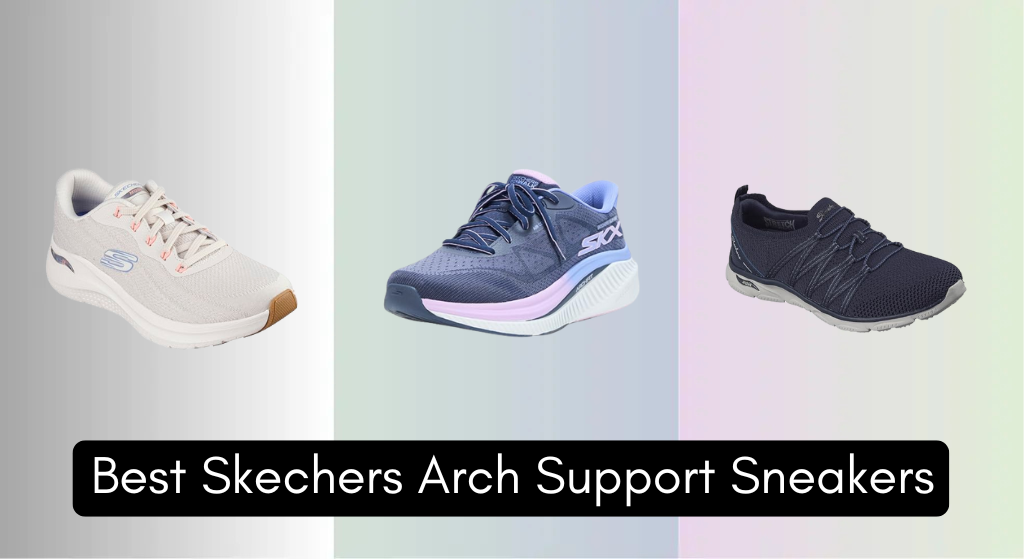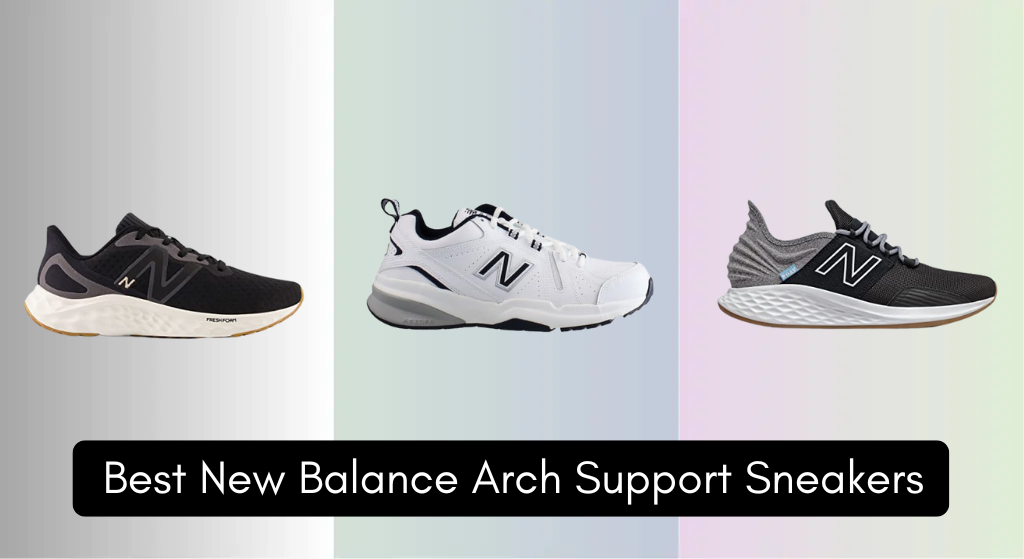
Discover transformative exercises for flat feet designed to offer unparalleled relief and enhance your mobility. Dive into our expert guide for targeted workouts that promise to strengthen, support, and revitalize your foot health, paving the way for a more active and pain-free lifestyle.
Introduction
Welcome to a transformative guide dedicated to individuals battling the challenges of flat feet. This comprehensive exploration delves into the dual power of orthotic solutions and targeted exercises designed to offer relief, support, and a significant boost in foot health. Whether you’re navigating daily discomfort or seeking ways to enhance foot stability, our guide unveils the essential steps towards achieving optimal foot health and mobility.
Table of Contents
How exactly do Orthotic Solutions provide relief and support for people with flat feet?
Orthotic solutions are essential in offering relief and support for individuals with flat feet, helping to mitigate pain and enhance comfort. These specialized devices, ranging from readily available over-the-counter inserts to bespoke orthotics crafted for your feet’s unique shape, play a pivotal role in managing the challenges associated with flat feet. Here’s a closer look at how orthotics can benefit those with flat feet:
Over-the-Counter Orthotics
- General Support: These orthotics provide broad arch support and cushioning, aiding those with mild to moderate symptoms of flat feet.
- Cost-Effective: Over-the-counter options are less expensive than their custom counterparts, offering an accessible solution for immediate relief.
- Easy to Find: Available at most pharmacies, shoe stores, and online, these orthotics are convenient to purchase.
Custom Orthotics
- Personalized Fit: Custom orthotics are designed to conform precisely to your feet, delivering targeted support exactly where it’s needed.
- Address Specific Issues: For those with severe flat feet complications, such as pronounced overpronation, custom orthotics can correct foot and ankle alignment, offering tailored corrections.
- Long-Lasting Quality: Made from superior materials, custom orthotics tend to be more durable, providing long-term support.
Advantages of Orthotic Solutions
| Enhanced Comfort: Orthotics distribute foot pressure more evenly, reducing stress on overburdened areas and alleviating discomfort. |
| Increased Stability: By stabilizing the foot, orthotics lower the risk of injuries like ankle sprains, common in individuals with flat feet. |
| Improved Posture: Correcting the alignment of the feet can positively affect overall body posture, potentially easing pain in the knees, hips, and lower back. |
| Active Lifestyle: With diminished pain and bolstered support, engaging in physical activities becomes more feasible and enjoyable. |
Selecting the Appropriate Orthotic

| Professional Guidance: Consulting with a podiatrist or orthopedic specialist is crucial to identify the most suitable orthotic for your condition. |
| Lifestyle Consideration: Choose orthotics that complement your daily activities and the types of physical exercises you perform. |
| Shoe Fit: Ensure the orthotics fit snugly in your regularly worn shoes to prevent discomfort or the necessity for new footwear. |
Adaptation and Maintenance
| Adjustment Period: Adapting to new orthotics might take time. Begin by wearing them for short periods and gradually extend as comfort permits. |
| Follow-up Appointments: Regular consultations with your healthcare provider are advisable to adjust the orthotics if needed and to track your progress. |
| Care and Replacement: Maintain cleanliness and inspect your orthotics for wear and tear, replacing them according to your healthcare provider’s advice. |
Orthotic solutions significantly enhance the well-being of individuals with flat feet by offering indispensable support and relief. Whether you choose over-the-counter inserts or custom-fitted orthotics, selecting a solution tailored to your specific needs is vital for achieving the best outcomes.
What exercises can fortify and bolster flat feet to enhance overall foot health?

Incorporating exercises specifically designed to strengthen and support flat feet into your daily routine can lead to significant improvements in foot health, comfort, and mobility. These exercises target the muscles and ligaments that support the arches, enhancing foot stability and balance. Here’s a guide at each exercise and additional insights on how to effectively integrate them into your life for optimal foot health:
1. Arch Lifts
How to Perform It:
- Stand on a level surface, feet apart at shoulder width.
- Elevate your foot’s arch while keeping toes and balls of your feet grounded.
- Focus on arch movement, avoiding toe lifts.
- Maintain the lift for five seconds, then gently lower back down.
Benefits: Targets the tibialis posterior muscle, crucial for arch support. Strengthening this muscle helps prevent arch collapse, enhancing stability and reducing discomfort.
2. Toe Curls
How to Perform It:
- Sit with feet flat and a towel under them.
- Use your toes to scrunch the towel towards you, curling your toes.
- Release and repeat, adding weight for resistance if desired.
Benefits: Strengthens muscles under the feet and toes, supporting the arch and evenly distributing weight to minimize plantar fascia strain.
3. Heel Raises
How to Perform It:
- Stand with feet hip-width apart, using a wall or chair for balance.
- Raise your heels, focusing on calf muscle engagement.
- Hold the peak position for five seconds, then slowly lower.
Benefits: Strengthens calf muscles, supporting foot and ankle stability. Vital for flat feet compensation and stability enhancement.
4. Ankle Inversions and Eversions
How to how It:
- Sit with legs extended, rotating your foot inward and outward.
- Keep movements focused on the foot, avoiding leg rotation.
- Aim for comfortable motion ranges, avoiding pain.
Benefits: Increases ankle muscle flexibility and strength, crucial for foot stability and proper force distribution.
5. Toe Splay
How to Perform It:
- Seated or standing, keep feet flat.
- Spread your toes without lifting from the ground.
- Hold the splay, then relax. Try lifting each toe individually for a challenge.
Benefits: Improves toe muscle control and strength, promoting weight distribution and foot stability.
6. Plantar Fascia Stretch
How to Perform It:
- Sit and cross one leg over the other’s knee.
- Pull the toes of the crossed leg towards you.
- Hold for 15-30 seconds, then switch feet.
Benefits: Alleviates tension in the plantar fascia, reducing tightness and pain, crucial for flat feet relief.
7. Marble Pickups
How to Perform It:
- Place marbles on the floor with a bowl nearby.
- Using toes, transfer marbles to the bowl.
- Engage all toes for balanced muscle strengthening.
Benefits: Enhances foot muscle dexterity and strength, supporting arch stability and reducing flat feet discomfort.
8. Walking Barefoot on Sand
How to Perform It:
- Walk barefoot on sandy surfaces, focusing on foot muscle engagement.
- Allow feet to adapt to the uneven terrain.
Benefits: Naturally strengthens foot and ankle muscles, promoting a more robust arch support system.
Incorporating These Exercises for Flat Feet
Begin with manageable repetitions, gradually increasing as your strength builds. Pay attention to your body’s signals to prevent overdoing it. Daily practice yields the best outcomes.
Professional Consultation
Always consult a healthcare provider or physiotherapist before starting new exercises, particularly if you have existing foot issues or health concerns. They can tailor advice to suit your specific conditions, ensuring safety and efficacy.
Regularly practicing these exercises can lead to significant improvements in foot health for individuals with flat feet, offering a pathway to reduced pain and enhanced life quality.
FAQ Section
Q1: How do orthotic solutions benefit those with flat feet? A1: Orthotic solutions, including over-the-counter inserts and custom-made orthotics, provide critical support for flat feet. They help distribute foot pressure evenly, reduce stress on key areas, and correct foot alignment, leading to enhanced comfort and stability.
Q2: Can exercises really improve flat feet condition? A2: Yes, specific exercises aimed at strengthening and supporting the foot’s arch can significantly improve the condition of flat feet. These exercises help in building muscle strength, improving flexibility, and stabilizing the foot structure.
Q3: Are custom orthotics significantly better than over-the-counter options? A3: Custom orthotics are tailored to the unique contours of your feet, offering targeted support and corrections for specific issues related to flat feet. While over-the-counter options provide general support and are more affordable, custom orthotics are ideal for those with severe symptoms or specific foot structure concerns.
Q4: How often should I perform these flat feet exercises? A4: For optimal results, incorporate the recommended exercises into your daily routine. Consistency is key to seeing improvements in foot strength, flexibility, and overall health.
Q5: How long does it take to see improvements in flat feet from exercises? A5: Improvement timelines can vary based on the individual’s condition, consistency of exercise, and specific routines followed. Generally, noticeable changes may begin within a few weeks to a few months of regular, daily exercises.
Q6: Are there any side effects to exercises for flat feet? A6: When performed correctly, exercises for flat feet are safe and beneficial. However, overexertion or incorrect form can lead to strain or discomfort. It’s important to start slowly and increase intensity gradually to avoid potential side effects.
Q7: Can exercises for flat feet eliminate the need for orthotics? A7: While exercises can significantly improve strength and stability, they may not eliminate the need for orthotics for everyone. Orthotics can provide additional support and correction that exercises alone might not achieve, especially in severe cases.
Q8: Is it necessary to wear specific footwear while performing these exercises? A8: For most exercises aimed at strengthening flat feet, no special footwear is required, and they can be performed barefoot to enhance muscle engagement. However, supportive footwear may be recommended for certain activities or by a healthcare professional.
Q9: Can children with flat feet perform these exercises? A9: Yes, children with flat feet can benefit from specific exercises, but it’s crucial to choose age-appropriate activities and ensure they are performed under adult supervision. Consulting with a pediatric orthopedic specialist or physiotherapist is recommended to tailor the exercises to the child’s needs.
Q10: How can I ensure I’m performing the exercises for flat feet correctly? A10: To ensure correct form and effectiveness, consider consulting with a physiotherapist or a certified fitness trainer who can demonstrate the exercises and monitor your technique. Additionally, many reliable resources, including instructional videos and detailed guides, can provide visual and descriptive guidance.
Conclusion
Navigating the journey to alleviate flat feet discomfort requires a holistic approach, combining the right orthotic support with targeted exercises. By embracing this dual strategy, individuals can experience significant relief from pain, enhanced foot stability, and improved mobility. Remember, the path to optimal foot health is a personal journey that may require adjustments and consultations with healthcare professionals. With dedication and the right guidance, achieving a comfortable and active lifestyle is within reach.








Keep on working, great job!
I am extremely impressed along with your writing talents
and also with the layout for your weblog. Is this a paid topic or did you
modify it your self? Either way stay up the nice high
quality writing, it is rare to see a nice blog
like this one nowadays..
These are actually fantastic ideas in about blogging.
You have touched some fastidious things here. Any way keep up wrinting.
This blog was… how do I say it? Relevant!! Finally
I’ve found something that helped me. Thank you!
I’m not sure where you are getting your information, but good topic.
I needs to spend some time learning more or understanding more.
Thanks for great info I was looking for this info for my mission.
Your point of view caught my eye and was very interesting. Thanks. I have a question for you.